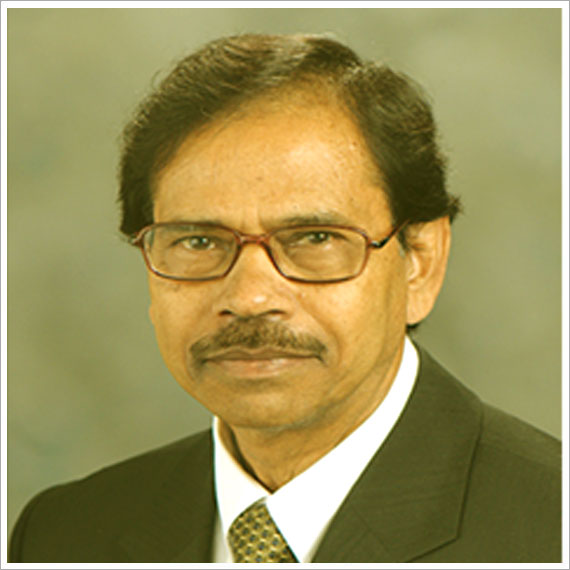
Mian M Alauddin, Ph.D.
Associate Professor
- :713-563 4872

The primary research interest of Dr. Alauddin is development of new radiotracers for non-invasive detection of cancer and HSV-tk1 gene expression by positron emission tomography (PET). Development includes synthesis of non-radioactive compounds that are biologically active, their radiolabeling with short-lived isotopes and application of the labeled compounds to both in vitro and in vivo studies in small animal models. Various types of organic molecules depending on the targets that are over expressed in cancer cells compared with normal cells are of special interests. For pancreatic cancer, development of radiolabeled (18F-labeled) lactose derivatives that targets HIP/PAP is an ongoing research in Dr. Alauddin’s group. Similarly, development of radiolabeled nucleoside analogues, such as 18F-FMAU,18F-FEAU and 18F-FHBG are of interests for targeting human thymidine kinase (TK1) and HSV-tk1. Other compounds include 18F-labeled 2-oxoquinoline derivatives for PET imaging of cannabinoid CB2 receptor in neurological diseases.
In addition, Dr. Alauddin is interested for preclinical studies in small and large animals to determine dose calculation, pharmacokinetics and metabolite analysis for clinical translational research.
Besides small organic compounds, Dr. Alauddin’s interests are development of radiolabeled peptides and monoclonal antibodies for detection of primary and metastatic tumors. These include development of prosthetic groups radiolabeled with suitable isotopes, their conjugation with peptides and antibodies, and their application in tumor-bearing small animals for PET imaging or imaging with other modalities.

Associate Professor